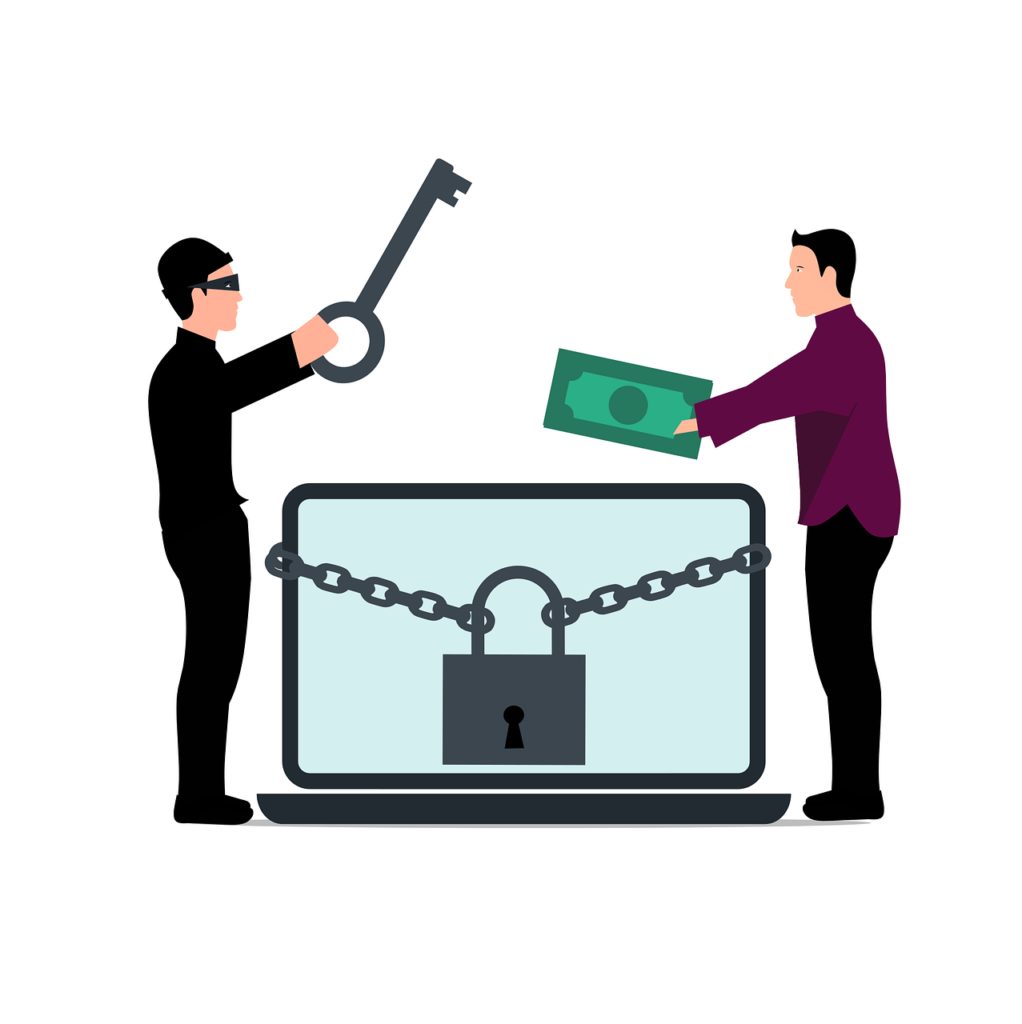There are a lot of ransomware horror stories doing the rounds right now, and threats of this kind can be all the scarier because they sound complex, unavoidable, and ubiquitous.
The reality is that it’s important for small business owners to understand what ransomware is, why they are being targeted, and what can be done if their systems become infected.
That way you can both quash any misconceptions and also reduce the risks you face.
Ransomware Explained
Put simply, ransomware is malicious software that encrypts files on a computer or computer network.
Once the files are encrypted, criminals demand payment in exchange for releasing them back to you.
While there are many types of ransomware out there, the most common ones focus on small businesses and private individuals, mostly because they tend to lack adequate security measures by default and don’t have the resources to defend against these threats.
Why Small Businesses Are Being Targeted
As mentioned, small businesses can be softer targets than large companies since they typically don’t have strong cybersecurity practices or they aren’t equipped with resources such as IT professionals with cybersecurity expertise in-house.

At a time when managing business expenses is getting trickier, it’s not always possible to justify this expense, at least in theory.
Additionally, hackers know that these companies usually need their data urgently, so they will be more likely to pay a ransom in order to get their data back quickly.
According to USWired IT services, 81% of all breaches happen to small and medium-sized businesses.
This demonstrates the extent of the problem and amplifies the need to encompass it in your organization’s policies.
What Happens If Your Systems Are Infected?
If your company falls victim to a ransomware attack, here are some steps you should follow to fight back:
- Immediately disconnect any affected computers from your network
- Contact law enforcement authorities who specialize in cybercrime investigations
- Consider reaching out for professional help from IT experts who specialize in digital forensics
- Research available solutions such as backup services which can help restore lost data without paying ransom demands
How To Minimize Ransomware Threats
The best way to protect your business from ransomware attacks is to be proactive and invest in robust security measures.
This includes making sure all computers and networks are running the latest software updates, anti-virus programs, firewalls, and strong password protocols.
Additionally, regularly back up your data on external drives or cloud storage solutions so that even if you do become a victim of an attack, you can restore lost files quickly without needing to pay the ransom demand.
It’s also sensible to make employees aware of potential threats such as phishing emails or malicious websites, as these can be used by hackers to gain access to your systems.
Bring everyone up to speed with regular training on cyber security best practices, so they know what red flags to look out for when it comes to online activity related to work accounts or devices.
What The Future Holds
As small businesses move towards remote working models and rely more heavily on digital services for their day-to-day operations, ransomware attacks are likely only going to increase in frequency.

It’s essential that up-and-coming companies act now rather than waiting until it’s too late.
If they delay taking action, they could find themselves facing huge financial losses due to a successful attack, one from which they might not recover.
Other Cyber Risks To Be Aware Of
It’s necessary to note that ransomware isn’t the only cyber threat out there – there are a variety of other malicious activities which can affect businesses, such as data breaches, malware, and spyware.
All of these should be treated with the same level of diligent preparation, both to limit their likelihood and to plan for recovery and continuity if they do occur.
Furthermore, it’s crucial for small business owners to consider other potential risks, such as social engineering attacks or physical theft of devices, that could lead to data loss.
Companies operating on narrow margins without significant cash reserves available to them will struggle to survive after any kind of successful breach.
Key Takeaways
The main point to appreciate here is that prevention is always better than cure when it comes to protecting yourself against potentially devastating ransomware attacks.
By investing time into researching best practices related to cybersecurity and by working with experts if the worst happens, you’ll be in a better position than many small businesses.
Ella Marcotte
Latest posts by Ella Marcotte (see all)
- UA vs GA4: The 4 Big Differences You Need To Know - April 8, 2024
- Understanding The Role Of Control Valves In Industrial Automation - April 8, 2024
- How Automation Can Boost Your Business Outcomes - April 4, 2024




